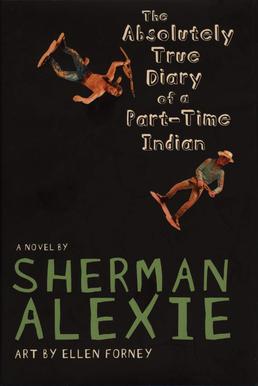 First, let me state a couple of disclaimers:
First, let me state a couple of disclaimers:
I
am not at a crisis of faith
I
am not planning on leaving the Church
This
book isn’t massaging some deep-ridden angst (well, maybe it is, but like THAT)
This
book isn’t what it seems
Some
of you would love this book
Okay. Now that is
out of the way. I loved Leaving Church. It was a slow read. It’s one of those
books like Becoming Human by Jean Vanier that you just have to read something
and mull it over for a while. I probably highlighted this book more than I did
the rest of the books I have read this year combined. Granted, this is a
theology book, not fiction, so that lends itself to that.
What else do I
say? I read this book after reading the blog of Jonathan Martin. He mentioned
Leaving Church a few times. As I was trying to read a little more diversely
this year, and as I had a gift card to Amazon I ordered the book. It took me a
while to connect with Taylor. That is not because of her style; she is actually
quite pleasant to read. She is this odd combination of being breezy and heavy
at the same time. She swings her pen and you feel a breeze that both cools your
face and pushes you back at the same time if that makes any sense whatsoever.
So, what is
Leaving Church about? If I had to sum it up I guess I would say, an
autobiographical critique of the way that vocation often destroys good people.
Taylor was and is someone who loves God. She is someone who is incredibly
gifted, particularly at teaching about things such as God and religion. She is
someone who does relationships really well and did ministry for nigh on 20
years. But she is also someone who nearly lost her soul to the Church. I know
that is a bold statement, but that is what I get from reading this work.
Taylor, a woman who learned to connect with God with her back on the grass in a
field in Kansas, found her way through college and seminary into serving God in
His Church, only to find that the way that we approach ministry in the confines
of the Church actually caused her to lose sight of God and instead live in a
world that presented checklists for what pastors do. She lost her true self and
became less human by becoming a pastor and found herself again when she finally
entered a different vocation.
Taylor’s critique
is poignant. She writes the experience that so many of my friends have had. The
Church has become a systematized beast instead of a symbiotic gathering of
mismatched people that somehow grow to love God and each other. I think that is
something that needs to be considered from all sides, and Taylor’s book is a
great place to start that discussion.



